Their adorable and delicate nature makes Kittens more vulnerable to health issues. Their immune systems are still developing, which makes them more susceptible to infections and parasites than adult cats. This underscores the importance of our role as caretakers in ensuring their health and well-being.
Here are some of the most common health concerns for these little ones:
Upper respiratory infections are common in kittens, especially in shelters or crowded places. The discomfort caused by sneezing, coughing, runny eyes, and congestion highlights the need for early detection and treatment.
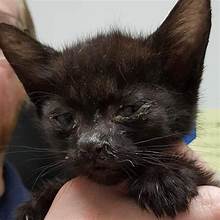
Feline distemper (panleukopenia): This disease is highly contagious and potentially fatal. Kittens who are not vaccinated are most at risk. It’s essential to be aware of the symptoms, which include vomiting, diarrhea, lethargy, and loss of appetite.
Intestinal parasites: Roundworms, hookworms, and coccidia are all common intestinal parasites in kittens. This prevalence highlights the need for regular check-ups and preventive measures. These parasites can cause diarrhea, vomiting, weight loss, and anemia.
Fleas: Fleas are not just a menace; they can make kittens anemic and cause excessive itching due to allergic reactions to flea bites.
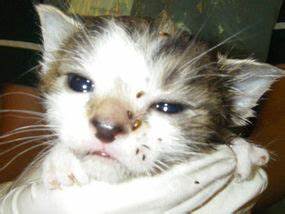
Ear mites: These tiny parasites inhabit a cat’s ear canal and cause persistent itching, noticeable redness, and a distinct dark discharge.
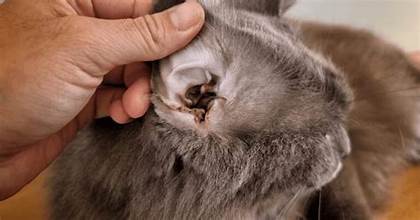
Ringworm: Ringworm is a contagious fungal skin infection that can cause hair loss, scabbing, and crusting on a kitten’s skin.

Feline immunodeficiency virus (FIV) is a serious virus that can suppress a cat’s immune system. Feline leukemia virus(FeLV) is another serious virus that can make cats more susceptible to other infections. There is no cure for FIV or FeLV, but infected cats can live long and happy lives with good veterinary care.
If you notice any of these signs in your kitten, it’s crucial to act quickly and take them to the vet. Early diagnosis and treatment can make a significant difference, potentially preventing the onset of serious illness and ensuring your kitten’s well-being.
Here are some other things you can do to keep your kitten healthy:
Schedule regular checkups with your veterinarian.
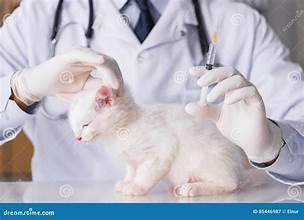
Keep your kitten’s environment clean and free of parasites.
Monitor your kitten’s behavior and activity level. Any changes could be a sign of illness.
Get them vaccinated: Vaccinations are essential for protecting your kitten from serious diseases.
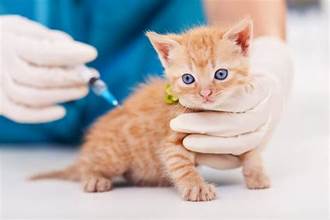
Deworm them: You should regularly deworm your kitten to prevent intestinal parasites.
Providing your kitten with a high-quality diet is the cornerstone of their health and well-being. A nutritious diet specifically formulated for kittens will help them grow strong and resist infection. Consult your veterinarian to ensure you select the right food for your kitten.
Disclosure: This blog contains some affiliate links to Amazon. I might receive a commission if you follow them and purchase anything from the recommended products. I use Amazon for all of my pet products, and I can assure you that I never recommend anything I don’t trust. Thanks for supporting positvelypets.com!




